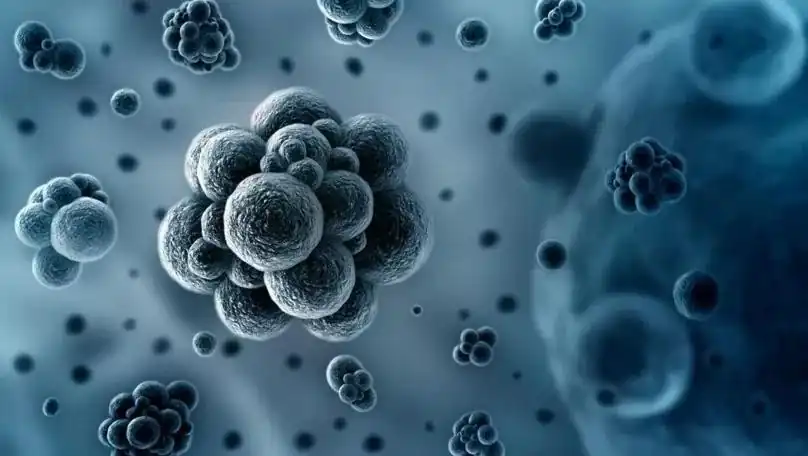Messi Biology produces Magnesium Oxide, Magnesium Carbonate, Magnesium Hydroxide
Messi Biology states that magnesium oxide, as a traditional chemical substance, is primarily used in medicine as an antacid, laxative, and for other therapeutic purposes. However, with in-depth research into its biological properties and mechanisms, the potential of magnesium oxide in antibacterial treatment has been gradually revealed, especially as an alternative to and adjuvant therapy for antibacterial drugs. Magnesium oxide’s antibacterial properties are mainly attributed to its alkalinity, the release of magnesium ions, and the surface activity of its nanoparticles. These characteristics make it exhibit potential application value in various fields.

1. Local Infection Treatment
Magnesium oxide can effectively combat some common pathogenic bacteria, such as Staphylococcus aureus, Escherichia coli, and Klebsiella pneumoniae. Therefore, it can be used as an adjunctive drug for local infection treatment, in products such as topical ointments, dressings, and disinfectants, to help eliminate bacterial infections. Its advantages lie in its low toxicity and good biocompatibility, making it suitable for long-term local use.
2. Antibacterial Coating for Medical Devices
The surfaces of medical devices (such as catheters, artificial joints, pacemakers, etc.) are often prone to bacterial growth, leading to infections. Magnesium oxide’s antibacterial properties make it an ideal antibacterial coating material, which can prevent bacterial adhesion and reduce the risk of medical device-related infections. Studies have shown that magnesium oxide coatings have a good effect in preventing bacterial colonization, especially in the formation stage of bacterial biofilms.
3. Food Preservation
In the food industry, the antibacterial effect of magnesium oxide can be used to extend the shelf life of food and reduce spoilage and contamination caused by bacteria. For example, magnesium oxide can be added to food packaging materials to form antibacterial packaging, which can inhibit bacterial growth and ensure the safety and freshness of food. Research in this area is still developing, but magnesium oxide’s natural mineral properties make it an environmentally friendly and harmless choice.
4. Antibacterial Alternative Therapy
With the increasing severity of antibiotic resistance, finding new antibacterial therapies has become particularly important. As a non-traditional antibacterial agent, the potential alternative role of magnesium oxide is receiving increasing attention. It may become an adjunctive treatment for certain mild infections or be used in combination with other antibacterial drugs to enhance antibacterial effects and reduce the risk of developing drug resistance.
